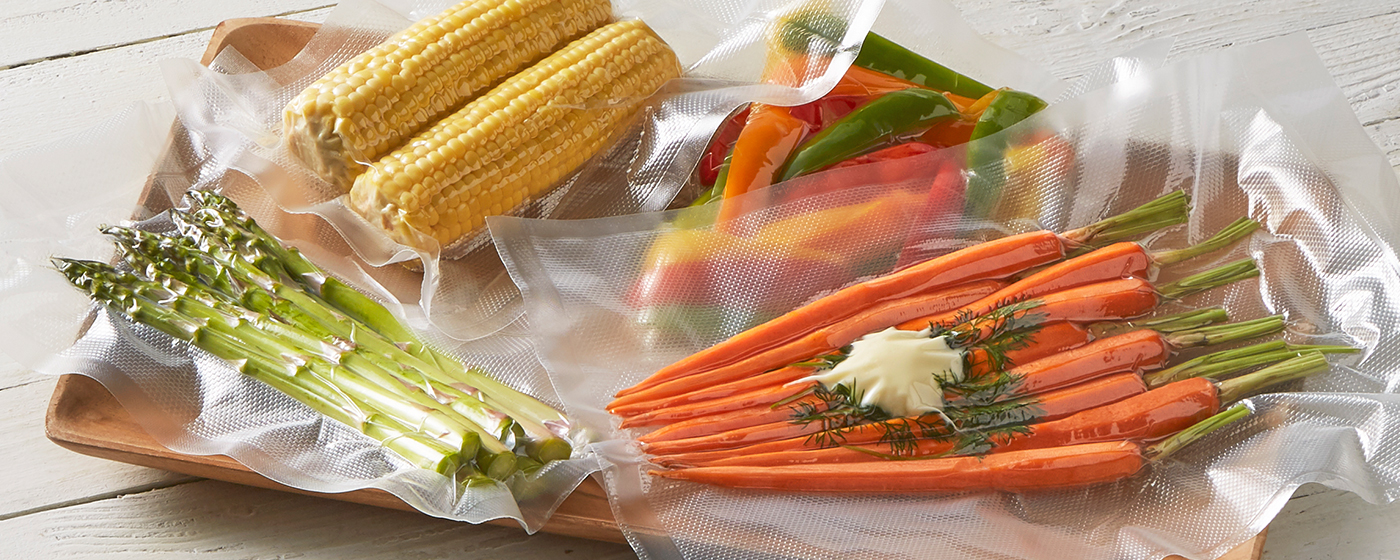refrigeration storage
Refrigeration Storage Enhancing Food Safety and Shelf Life
Refrigeration storage plays a crucial role in modern food preservation, ensuring that perishable products maintain their quality, safety, and freshness for extended periods. With the rise in global food demand and the increasing awareness of food safety, effective refrigeration practices have become more important than ever.
At its core, refrigeration storage involves keeping food items at low temperatures to inhibit the growth of bacteria, molds, and yeasts that can lead to spoilage. The general rule is that most foods should be stored at temperatures below 40°F (4°C) to slow down microbial activity. By maintaining these temperature levels, food can be preserved for longer durations without compromising taste or nutritional value.
One of the key advantages of refrigeration storage is its ability to extend the shelf life of perishable items. Fruits, vegetables, dairy products, and meats can all benefit from controlled temperatures. For instance, fresh vegetables can last several weeks in a refrigerator, while at room temperature, they can spoil within days. Similarly, dairy products such as milk and cheese remain safe to consume for much longer when kept refrigerated, reducing food waste significantly.
refrigeration storage

Additionally, refrigeration storage is essential for preparing and storing meals in advance. In today’s fast-paced world, many individuals and families opt for meal prepping as a way to save time and ensure they have healthy options readily available. By cooking and storing meals in refrigerators, they can enjoy the convenience of a home-cooked meal while minimizing the risk of foodborne illnesses.
It’s also important to emphasize the role of proper organization within refrigeration storage. The use of shelves, bins, and labels can help users maximize space and easily identify stored items. By following the “first in, first out” principle, older items are used before newer ones, further reducing waste.
Moreover, advancements in refrigeration technology have introduced innovative solutions that enhance food preservation. For example, vacuum sealing and smart refrigerators equipped with temperature controls allow for even greater preservation capabilities. These technologies monitor conditions and alert users about any temperature fluctuations, ensuring that food remains safe to eat.
In conclusion, refrigeration storage is an indispensable part of food safety and preservation. By understanding its importance and implementing best practices, individuals and businesses can significantly reduce food spoilage, minimize waste, and ensure that the food we consume maintains its quality and safety. As we continue to face global food challenges, effective refrigeration will remain a vital component in our quest for sustainable food systems.
-
Transform Operations with Vacuum Freezer MachineNewsMay.14,2025
-
Enhance Business with Cold Room TechnologyNewsMay.14,2025
-
Vacuum Freezer Machine for Modern NeedsNewsMay.09,2025
-
Discover Our Comprehensive Cold Room SolutionsNewsMay.09,2025
-
Cold Room Solutions for Your BusinessNewsMay.08,2025
-
Advanced Vacuum Freezer MachineNewsMay.08,2025
















































































































